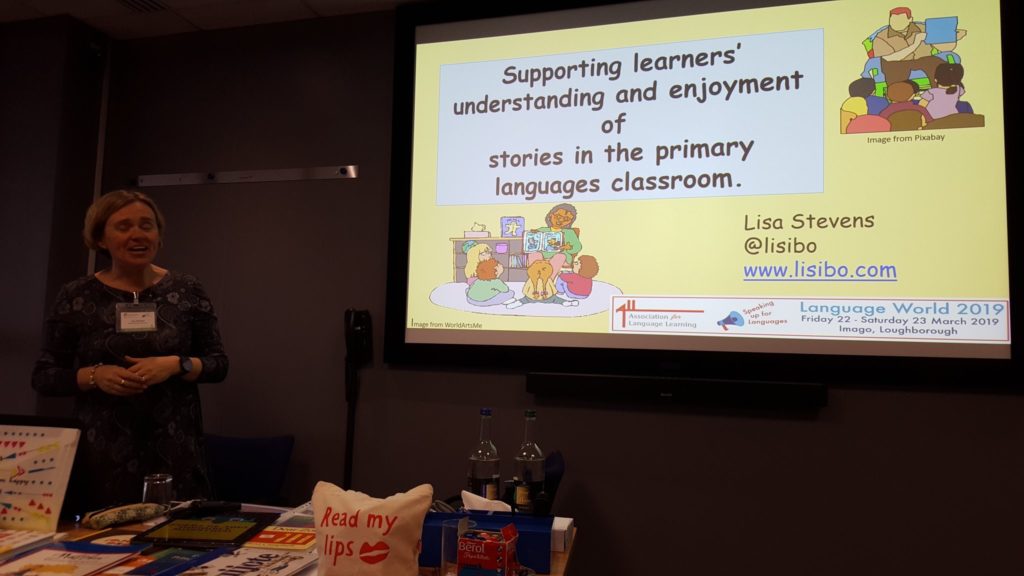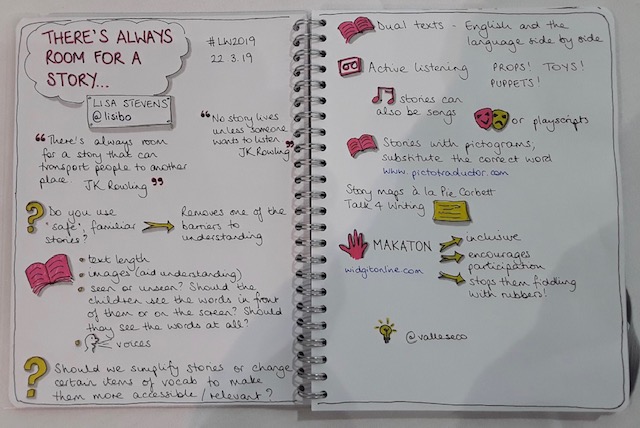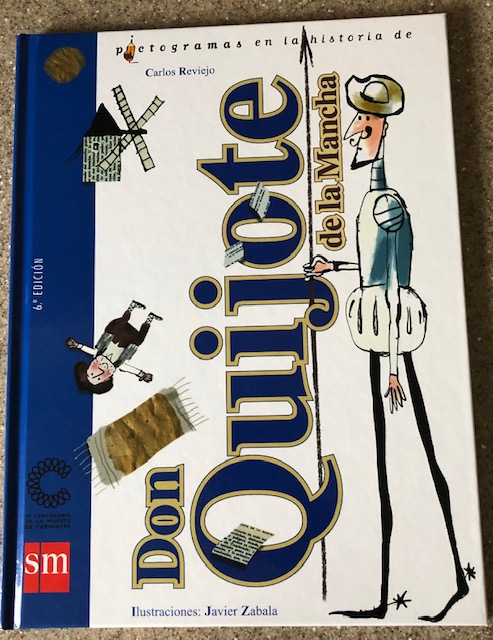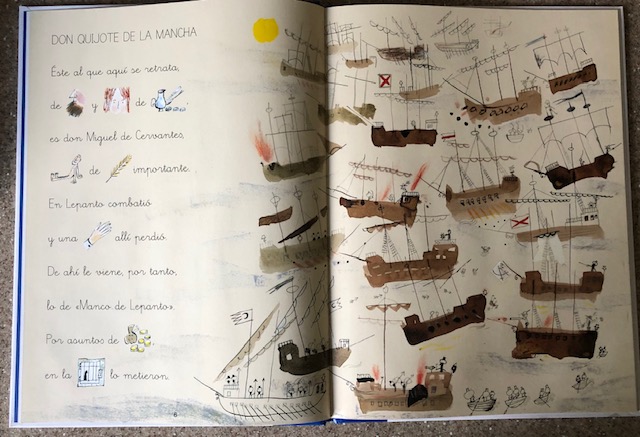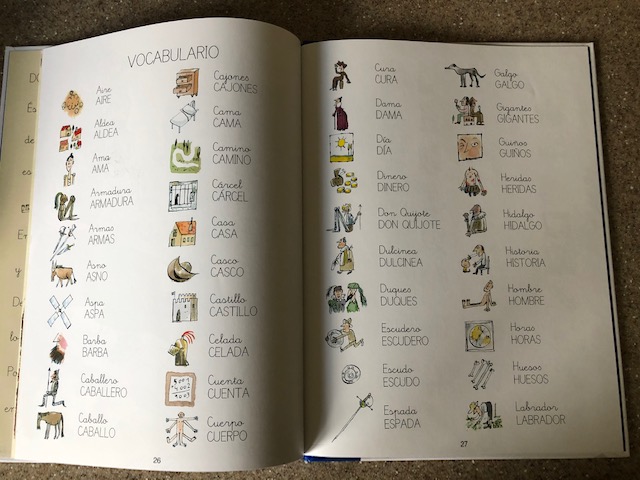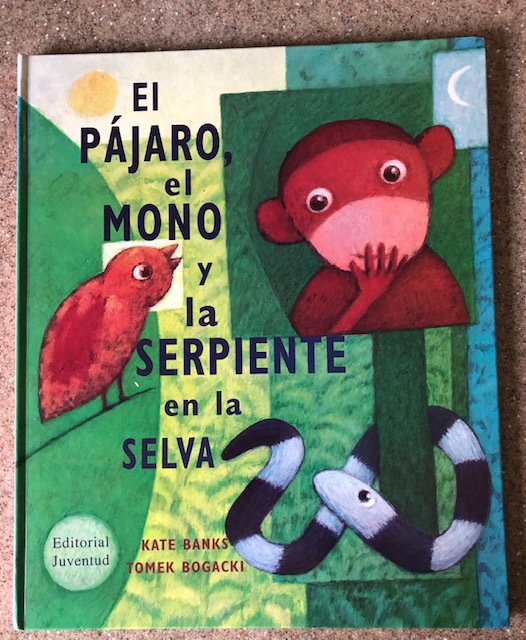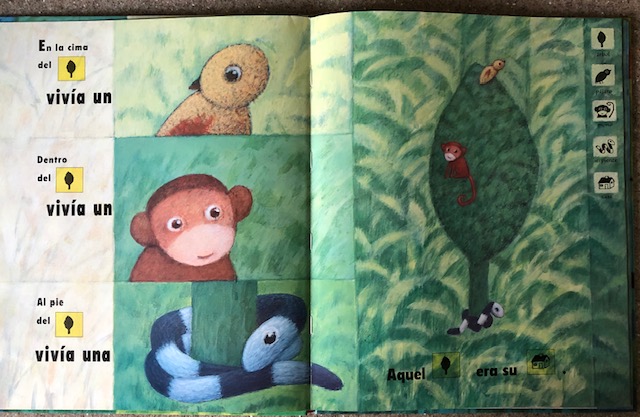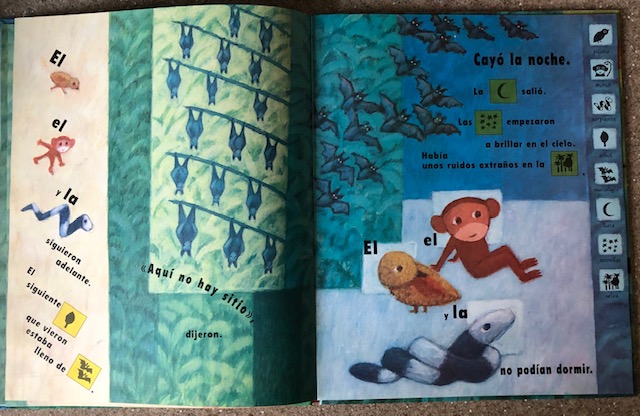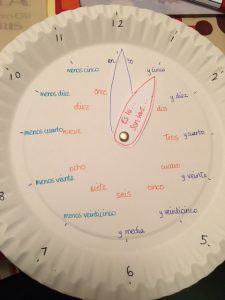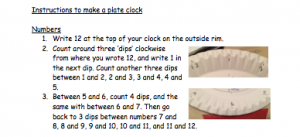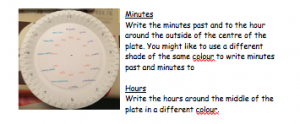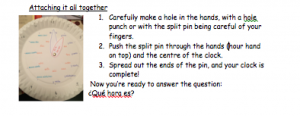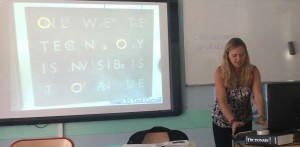At this time of year, I’m normally gearing up for my annual ‘weekend away’ at Language World. It’s taken me to York, Lancaster, Leicester, Rugby, Nottingham, London, Newcastle, Manchester, Loughborough and of course, Oxford where Language World and I first ‘met.’ This year, things are a little different as I won’t physically be going anywhere as the conference is coming to me in my home via the wonders of video conferencing. And it can come to you too if you sign up!
Language World is the annual conference and training event of the Association for Language Learning (ALL).
The theme of Language World 2021 is “A rich curriculum for ALL”.
As the blurb on their site says:
“Schools are currently exploring how they can offer rich, exciting education for all their pupils. Ofsted encourages schools to make positive decisions to preserve or develop richness of experience along with breadth and depth of curriculum – for example, giving pupils the opportunity to learn a number of foreign languages and arts subjects, recognising local ambitions. We look forward to sharing ideas and best practice from among our languages community about these kinds of curricular aspects, and about learning that goes deeper into content, motivates learners of Languages, culture and communication, and is broader than the exam specifications.”
Keynote speakers this year include:
- President of ALL (2020-22), Kim Bower;
- Dr. Michael Wardle, Language Lead for OFSTED;
- international expert on CLIL and Professor of Languages Education and Classroom Learning at university of Edinburgh, Professor Do Coyle
- Professor of Applied Linguistics at the UCL Institute of Education, University College London, Professor Li Wei
Im particularly looking forward to hearing from Professor Li Wei on Friday talking about Multilingualism, Language Learning and Social Cognition and then from Jane Driver on Saturday talking about Using CLIL and MFL strategies to maximise the curriculum for EAL learners.
And then there are the talks and presentations from which you can choose. Each session is 30 minutes long with a 20 minute presentation followed by 10 minutes for questions. Easier for concentration but challenging when you’re planning a session and always have too much for 45 minutes…
Some sessions that caught my eye as a primary languages practitioner include:
- Promoting intercultural understanding through cross curricular and extra-curricular activities in the primary classroom – lots of practical ideas led by Bernadette Clinton and Raquel Tola Rego
- A recipe for success! Creating a bespoke scheme of work – Clare Seccombe
- Engaging, enriching, inclusive: ensuring a primary MFL curriculum which delivers for SEND pupils – Eleanor Chettle Cully
- Celebrate your bilingual learners and promote linguistic diversity in your school with an International Mother Tongue Day project – Hannah White
As usual, I have a problem! The first two are at the same time as each other AND I’m speaking at the same time! And the second two are also concurrent. I’m hoping that with the online nature of the conference we might be able to catch up… but I’m not sure so don’t quote me on it!
Other sessions I’m looking forward to:
- What does an anti-racist, decolonised MFL curriculum look like?
- Embedding languages into the curriculum: practical examples from Scotland and Wales
- Teaching Phonics – Mapping, Method and Moving on
Another innovation this year is that some 30 minute slots split into 3 mini talks and I’m looking forward to many of those too including Dr Judith Rifeser talking about Nurturing intercultural understanding and celebrating pupils’ diverse and multilingual voices through creative projects, Bryn Llewellyn sharing Learning Languages on the Move – Developing Language Vocabulary using Physically Active Learning Approaches, Helen Stokes talking about Making connections between languages with translation skills: for easier transition between KS2 and 3 and How MFL teaching can boost whole school literacy led by Clare Caio.
So much that it’s hard to choose! You might even want to ‘attend’ my session entitled Take One Book in which I’ll explore how to make full use of a storybook (a different one from the one I shared at PHOrum!) You can find further details on the Language World 2021 website and the programme can be found here.

I am very much looking forward to a new experience and whilst I’d rather we were meeting together as usual, I’m excited for the new format and will still be wearing LiPS themed clothing and sketchnoting!

Find out about my experiences at previous Language Worlds by following the links below!
Reflections on Language World 2008
Absorbing Language Learning 2009
Language World 2010 and various posts following including Raising Global Awareness and Creativity talks as well as sessions by Clare Dodd, Liz Black Cynthia Martin Oh, and my session – Bricklaying for beginners!
Language World 2011 – my session Entitled to enjoy Primary Languages and many other sessions by Chris Harte, Jan Lewandowski and Liz Fotheringham
Language World 2014 overview Session on apps
Language World 2015 in sketchnotes
Language World 2016 in sketchnotes Session on Sketchnoting
Language World 2017 in sketchnotes
Language World 2018 in sketchnotes My session Using Technology for collaboration
Sue Cave’s session – Language Detectives Primary Show and Tell
Language World 2019 – The Sketchnotes My session on Supporting learners’ understanding and enjoyment of stories in the primary languages classroom.
I was briefly at Language World 2020 but didn’t blog it as it coincided with a particularly stressful time – including lockdown beginning a few days later!


